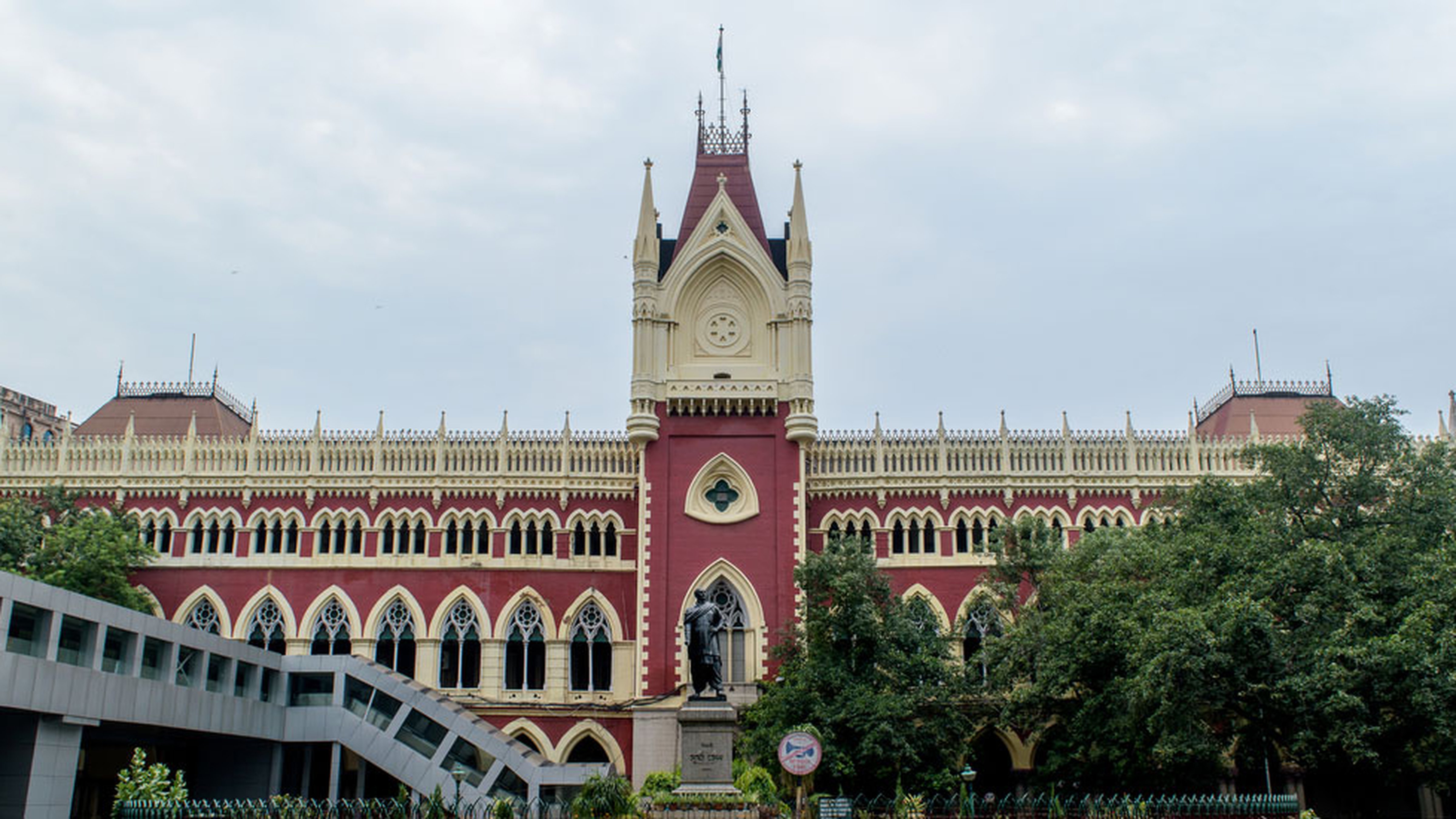A weight has been lifted off Shamshul Alam’s chest, 32 years after it had been placed there by a seemingly vindictive government and just when another regime at the other end of the political spectrum is being accused of hounding businessmen.
Little binds Alam, a grocer, and V.G. Siddhartha, the Café Coffee Day founder who allegedly killed himself less than a fortnight ago. But both faced alleged harassment at the hands of the State.
A big difference is Alam fought a legal battle for more than three decades, marked by a jail term and a fine, and came up trumps on Thursday.
Calcutta High Court acquitted the Murshidabad grocer of the charge of hoarding pulses, slapped on him by the then Left Front government in August 1987.
Alam, 69, had been claiming all along that the police team that raided his shop was carrying a faulty weighing machine, which mattered because storing more than 10 quintals of pulses would be deemed as “hoarding”.
Alam, who has also been insisting that the pulses found at his shop did not fall under the purview of the dreaded Essential Commodities Act, was accused of hoarding 17.5 quintals, his lawyer Mrityunjay Chatterjee said.
“Really, I am feeling happy. At last I have got justice. For the past 32 years, I had been waiting for this day,” Alam told The Telegraph on Thursday.
Alam’s grocery may not
be as trendy as a café but the grocer’s plight 32 years ago stands testimony to a political culture that is blamed for the industrial degeneration of Bengal.
Heady from the electoral harvests reaped from land reforms, the third edition of the CPM-led Left Front government had projected traders — and by extension all forms of business — as villains and singled them out for persecution, old-timers recalled on Thursday when told of Alam’s legal victory.
“In its first two terms, the Left Front government had gained popularity because of the land reforms it initiated and the reconstruction of villages following the devastating floods of 1978. But from the third term, the government’s focus shifted to cracking down on hoarding and profiteering, which led to harassment of the business community,” said a retired bureaucrat.
Politically, the traders were a low-risk target as most were never considered Left voters. The grocer said he was the lone Congress worker in his village.
Biswambhar Basu, the general secretary of the Congress-backed All India Fair Price Shop Federation, said he had not forgotten how the law was misused then. “I can recall that the Essential Commodities Act, 1955, was often misused to force us to support the Left parties. Alam’s fight is an example of the tough times we faced to survive during Left rule between the late 1980s and 2010,” Basu said.
While acquitting Alam, Justice Tirthankar Ghosh said in his order: “The investigators had failed to follow the process to be adopted while accusing a person under the Essential Commodities Act, 1955. Henceforth, the charges against the appellant (Alam) be quashed.”
Alam, who still runs the grocery store in Murshidabad’s Barwan, had served a four-month jail term and paid a fine of Rs 250 after the charges against him had been upheld by a special court in Kandi. Immediately after his release in late 1987, the grocer had moved the high court.
“The police had accused me of storing surplus pulses and also booked me for not maintaining papers for keeping them. All the charges were false and it was proved in the high court today,” Alam said.
“There was a problem with the weighing machine (used by the police team) as well…. As the charges were fabricated, I was determined to fight and clear my name,” Alam added.
The grocer said the pulses seized from his shop were meant to be used as cattle feed and didn’t come under the purview of the commodities law and that false papers had been prepared to fabricate charges against him.
Much has changed since 1987. For one, the Left is no longer in power in Bengal. At the Centre, the BJP is in power.
Some things have remained the same, too. Of late, businessmen have been complaining of harassment at the hands of regulators –- an issue that burst through the veneer when Siddhartha, the café chain founder, died.
But few of the corporate czars, who largely vent in private, have shown either the courage of conviction or the perseverance of Alam, the grocer from Murshidabad, who fought by the book and won his crusade.











